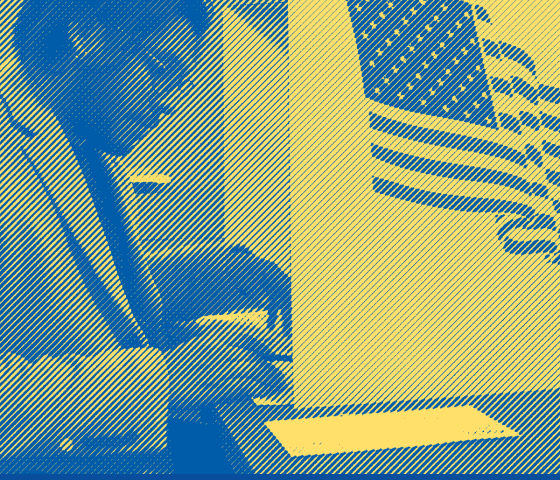A recent law that would have made it significantly harder for many people to get an abortion has been temporarily blocked in Iowa district court.
The law was passed in May by the Iowa Legislature in the middle of the night without advance notice or public input. It required people to first make a second, medically unnecessary appointment and then wait at least 24 hours before actually receiving abortion services.
The law would have gone into effect on July 1, but the injunction temporarily puts it on hold while the court considers whether the law is unconstitutional and if it should be permanently struck down. We brought the lawsuit, along with Planned Parenthood of the Heartland and Planned Parenthood Federation of America.
The additional appointment and 24-hour delay before receiving services would cause excessive hardship for low-income Iowans, requiring many to take time off work or school, arrange and pay for child care, and often drive hours to get health care. In reality, because of limits in scheduling, it could delay some people's abortions by weeks.
The Iowa Supreme Court has previously recognized that the right to a safe, legal abortion is a fundamental right protected by our constitution, and this temporary injunction protects that right.
In this case, the district court determined that "(i)f the Amendment is permitted to take effect, Petitioners will be delayed, or in some cases, entirely deprived of a fundamental right under the Constitution." It recognized "the evidence of the psychological and physical harm that can result to a patient who is deprived of this fundamental right."
The district court determined that COVID-19 exacerbated the harms of the delay and additional trip law stating: "As they were with the 72-hour waiting period at issue in PPHI, Petitioners are likely to be able to show substantially the same burden and harms to patients subject to a 24-hour waiting period, such as was shown in PPHI. This is particularly true in light of the ongoing COVID-19 public health emergency, considering the 24-hour waiting period requirement would necessitate multiple trips to Petitioners’ health care centers."
The district court also cited the undisputed fact that "most Iowans would have been asleep by the time the Amendment was passed in final form," adding that "the Speaker of the Iowa House apparently found that the Amendment was not germane to the underlying bill it was amending."
